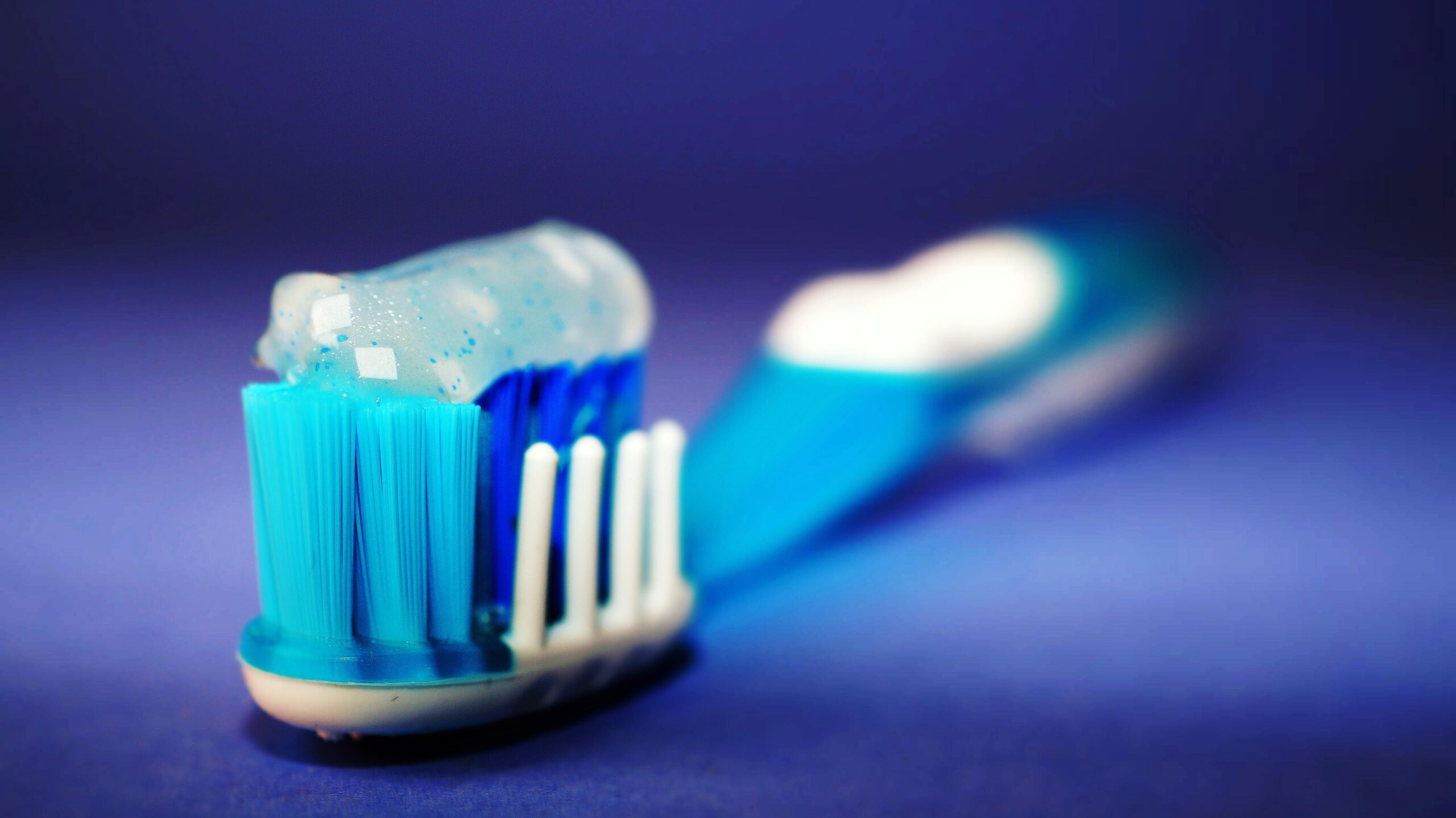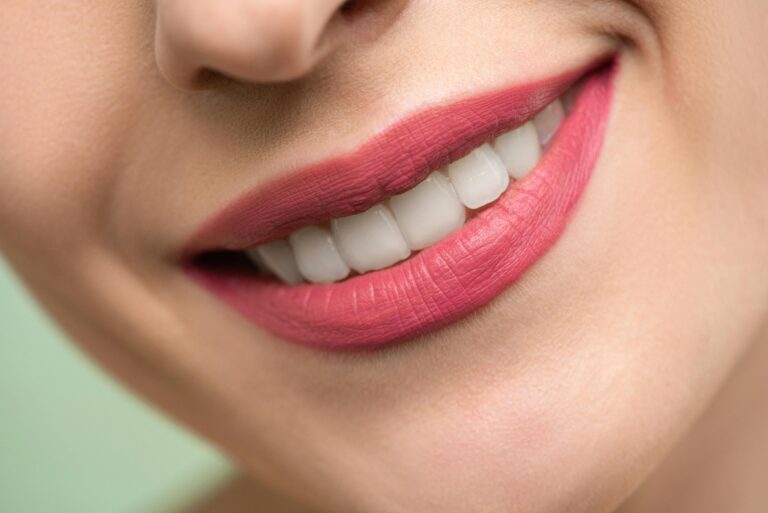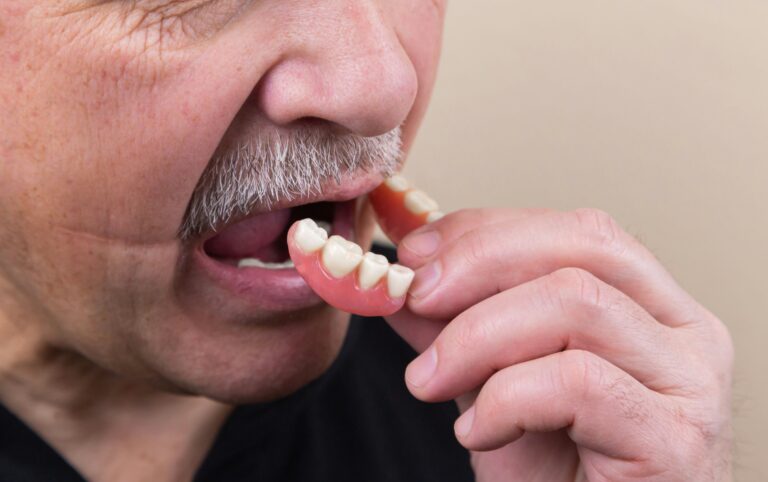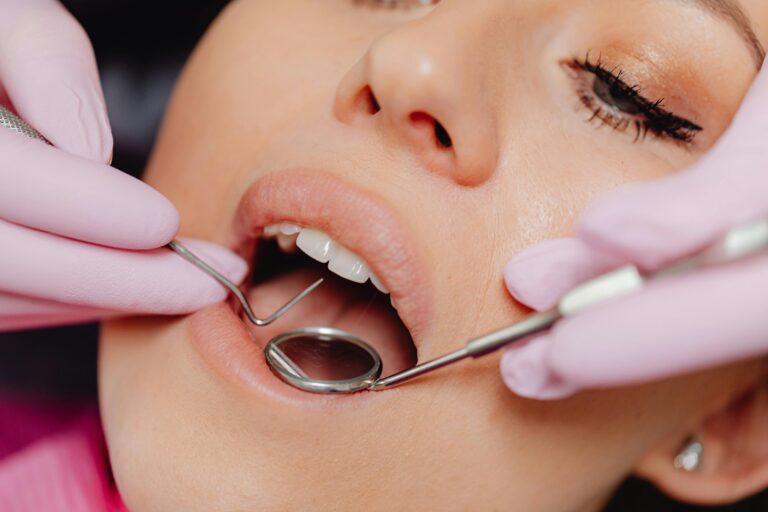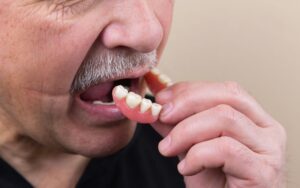Whether you’ve always dealt with tooth sensitivity, have noticed discomfort when consuming cold foods, or have recently experienced sudden sensitivity, this painful condition can significantly affect your daily life. Sensitive teeth can make eating and drinking uncomfortable and may even impact your overall well-being. It’s important to identify the right treatment for your sensitive teeth.
Causes of Tooth Sensitivity
Sensitivity can arise from multiple factors, including:
- Enamel Erosion: The outer layer of your teeth, known as enamel, can wear away due to aggressive brushing, acidic foods, or teeth grinding, exposing the sensitive underlying layers.
- Tooth Decay: Cavities can expose sensitive areas within your teeth, leading to increased sensitivity.
- Gum Disease: This condition can cause gum recession, which exposes tooth roots and results in sensitivity, along with inflamed gums.
- Cracked Teeth: Fractures in your teeth can allow external substances to reach the nerves, triggering sensitivity.
- Receding Gums: Factors such as aging, poor brushing habits, and gum disease can cause gums to recede, exposing tooth roots and leading to discomfort.
- Teeth Grinding: Habitual grinding or clenching, known as bruxism, can erode enamel, resulting in sensitivity.
- Post-Dental Procedures: Treatments like fillings or whitening may cause temporary sensitivity, but this usually resolves quickly.
When to See a Dentist
While sensitive teeth are common, it’s essential not to ignore them, as they can indicate more serious issues. If your sensitivity persists or worsens, it’s wise to consult your dentist. Pay special attention if you experience:
- Ongoing Pain: If sensitivity lasts for a long time or intensifies, it might signify a serious problem.
- Swelling or Infection: Signs of infection, such as swollen gums or pus, require immediate dental attention.
- Tooth Discoloration: Changes in colour, especially darkening, may point to decay or nerve damage.
How to Treat Sensitive Teeth
Treatment for sensitive teeth largely depends on the underlying cause. Here are several effective options:
- Desensitising Toothpaste: These specially formulated toothpastes help block nerve signals and provide relief over time.
- Fluoride Treatments: Dentists can apply fluoride varnishes or gels to strengthen enamel and reduce sensitivity.
- Dental Sealants: Sealants can cover exposed tooth roots, creating a barrier against sensitivity triggers.
- Restorative Procedures: If decay or damaged fillings are to blame, your dentist may replace these with fillings or crowns to restore the tooth.
- Gum Grafting: This procedure can cover exposed roots if gum recession is contributing to sensitivity.
- Dental Bonding: A bonding material can cover exposed dentin, reducing sensitivity and improving appearance.
- Addressing Underlying Conditions: Treating issues like gum disease or bruxism can alleviate sensitivity.
Consulting your dentist is crucial for identifying the cause of your sensitivity and developing an effective treatment plan tailored to your needs.
Managing Sensitivity at Home
If your tooth sensitivity is mild, consider these home remedies:
- Maintain Good Oral Hygiene: Brush twice a day with a soft-bristled toothbrush and rinse with fluoride mouthwash to strengthen enamel.
- Limit Acidic Foods: Minimise consumption of acidic items like sodas, juices, and citrus fruits to protect enamel.
- Use a Mouthguard: If you grind your teeth, a mouthguard worn at night can help reduce sensitivity.
- Avoid Non-Professional Whitening Products: Some over-the-counter whitening products can cause harm and increase sensitivity.
Can Sensitivity Improve?
Many treatments can help reduce or eliminate tooth sensitivity, but identifying the underlying cause is key. If you’re experiencing persistent sensitivity, consult a dentist.
Age and Tooth Sensitivity
While tooth sensitivity can affect individuals of all ages, it is more common in adults due to natural wear of enamel and gum recession. Practicing good oral hygiene throughout your life can help minimise the risk of developing sensitive teeth.
Your dentist can assist in identifying the cause of your sensitivity and recommend appropriate treatments. If you have concerns about your sensitive teeth, schedule an appointment with one of our dentists today

